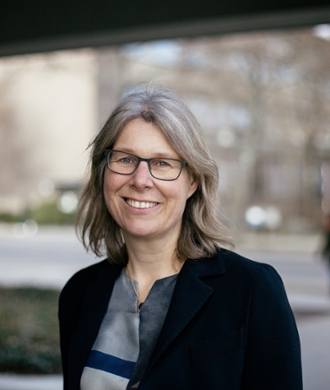There is no such thing as a single Islam
It is often said there are as many forms of Islam as there are Muslims. In Leiden Islam is seen as a dynamic, worldwide phenomenon as well as a product of its local context. In the Muslim world too, everyday and existential choices are determined by more factors than religion alone. This is why our researchers study popular Turkish soaps which reflect what goes on in modern Turkish society. Why they decipher old papyruses in order to find out what it meant to be a Muslim in the Middle Ages. Or why they follow the ways in which legislators in Muslim countries attempt to unite local traditions, modern ideas, worldly laws and religious legislation into a single legal system. To do so, they do not limit themselves to the study of legal books, but also investigate how people deal locally with justice and injustice. They also consider how Muslims relate to other religious and non-religious groups in society and they work together with Dutch Muslims to bring nuance to the debates on Islam in the Netherlands.
Centuries-old tradition
The Leiden Islam researchers are part of a centuries-old tradition. More than four hundred years ago, Leiden academics began to collect knowledge on the Arabic world and texts in Arabic in order to gain access to Arabic science. It soon became clear that Persian and Turkish were also essential for a deeper understanding of the Middle East. In the nineteenth century, this interest spread to include Islamic law and culture. This was necessary, because with the Dutch East Indies as its colony, the Netherlands had suddenly become the largest Muslim kingdom in the world. During this period and for many years Arabist Christiaan Snouck Hurgronje studied ‘lived Islam’ in the Dutch East Indies and established one of the most important expertise centres in this field in Leiden. Government officials and businesses drew on this centre’s knowledge of local customs before travelling to the Dutch East Indies.
From Western Europe to Southeast Asia
Our unique collection of primary sources, broad expertise and multidisciplinary approach to Islam allow Leiden researchers to compare today's Muslim societies with those of the past. To this end religious science scholars and regional experts work closely together with linguists, historians, cultural anthropologists, political science experts, sociologists and legal experts. Their research stretches from Western Europe through Northern Africa and the Middle East all the way to Southeast Asia. Active knowledge of Arabic, Turkish, Persian, and for example Indonesian allows our researchers to have direct contact with Muslims across the world and to gain access to sources in the original language. This is necessary to be able to understand the dynamics of the many historical and modern Muslim societies.
More information:
Leiden University Centre for the study of Islam and Society

































